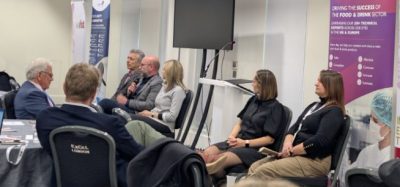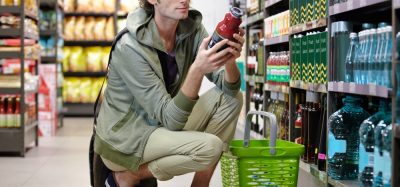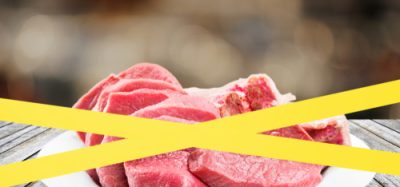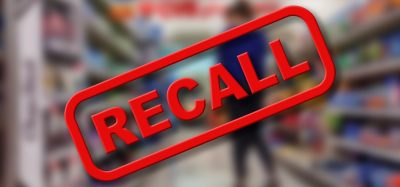Governments failing to stop harmful marketing of breast-milk substitutes, warns report
- Like
- Digg
- Del
- Tumblr
- VKontakte
- Buffer
- Love This
- Odnoklassniki
- Meneame
- Blogger
- Amazon
- Yahoo Mail
- Gmail
- AOL
- Newsvine
- HackerNews
- Evernote
- MySpace
- Mail.ru
- Viadeo
- Line
- Comments
- Yummly
- SMS
- Viber
- Telegram
- Subscribe
- Skype
- Facebook Messenger
- Kakao
- LiveJournal
- Yammer
- Edgar
- Fintel
- Mix
- Instapaper
- Copy Link
Posted: 1 June 2020 | Sam Mehmet (New Food) | No comments yet
A new report from WHO, UNICEF and IBFAN has called on governments from around the world to strengthen breast-milk marketing legislation, claiming that misleading information – particularly during the COVID-19 pandemic – is still reaching parents.
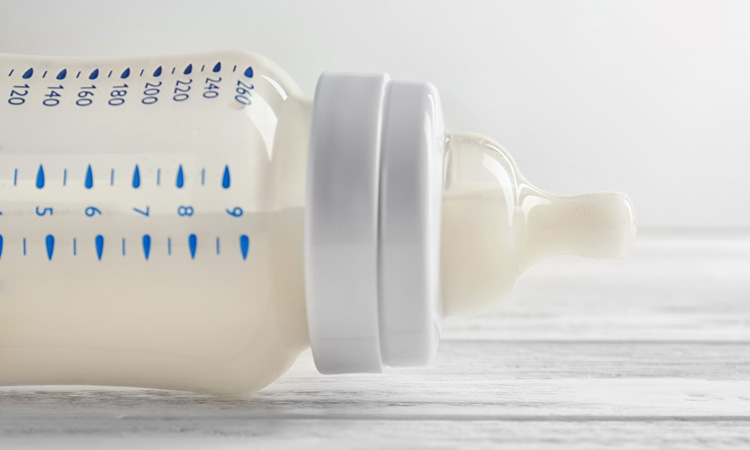

A new report by the World Health Organization of the United Nations (WHO), the United Nations International Children’s Emergency Fund (UNICEF), and the International Baby Food Action Network (IBFAN) has revealed that, despite efforts to stop the harmful promotion of breast-milk substitutes, countries are still falling short in protecting parents from misleading information.
According to the organisations, the COVID-19 pandemic has highlighted the need for stronger legislation to protect families from false claims about the safety of breast-milk substitutes or aggressive marketing practices.
WHO and UNICEF have encouraged women to continue to breastfeed during the COVID-19 pandemic, even if they have confirmed or suspected COVID-19. While researchers continue to test breastmilk from mothers with confirmed or suspected COVID-19, current evidence has indicated that it is unlikely that COVID-19 would be transmitted through breastfeeding or by giving breastmilk that has been expressed by a mother who is confirmed or suspected to have COVID-19.
Of the 194 countries analysed in the report, 136 have some form of legal measure related to the International Code of Marketing of Breast-milk Substitutes and subsequent resolutions adopted by the World Health Assembly (the Code) in place. Attention to the Code is said to be growing, as 44 countries have strengthened their regulations on marketing over the past two years, according to the report.
However, the report also outlined that legal restrictions in most countries do not fully cover marketing that occurs in health facilities. 79 countries from the report prohibit the promotion of breast-milk substitutes in health facilities, while 51 have provisions that prohibit the distribution of free or low-cost supplies within the health care system.
19 countries have prohibited the sponsorship of scientific and health professional association meetings by manufacturers of breast-milk substitutes, which include infant formula, follow-up formula, and growing up milks marketed for use by infants and children up to 36-months old.
“The aggressive marketing of breast-milk substitutes, especially through health professionals that parents trust for nutrition and health advice, is a major barrier to improving newborn and child health worldwide,” said Dr Francesco Branca, Director of WHO’s Department of Nutrition and Food Safety. “Health care systems must act to boost parent’s confidence in breastfeeding without industry influence so that children don’t miss out on its lifesaving benefits.”
WHO and UNICEF recommend that babies be fed nothing but breast milk for their first six months, after which they should continue breastfeeding – as well as eating other nutritious and safe foods – until two years of age or beyond.
Health care services aimed at supporting mothers to breastfeed, including counselling and skilled lactation support are strained as a result of the COVID-19 crisis. Infection prevention measures, such as physical distancing make it difficult for community counselling and mother-to-mother support services to continue, leaving an opening for the breast-milk substitute industry to capitalise on the crisis, and diminish confidence in breastfeeding.
“As the COVID-19 pandemic progresses, health workers are being diverted to the response and health systems are overstretched. At such time, breastfeeding can protect the lives of millions of children, but new mothers cannot do it without the support of health providers,” said Dr Victor Aguayo, UNICEF’s Chief of Nutrition. “We must, more than ever, step up efforts to ensure that every mother and family receive the guidance and support they need from a trained health care worker to breastfeed their children, right from birth, everywhere.”
WHO and UNICEF have called on governments to urgently strengthen legislation on the Code during the COVID-19 pandemic, highlighting that governments and civil society organisations should also not seek or accept donations of breast-milk substitutes in emergency situations.
“The baby food industry is exploiting fears of infection, promoting and distributing free formula and misleading advice – claiming that the donations are humanitarian and that they are trustworthy partners,” commented Patti Rundall, of IBFAN’s Global Council.
Related topics
COVID-19, Food Safety, Health & Nutrition, Packaging & Labelling, Regulation & Legislation, The consumer
Related organisations
International Baby Food Action Network (IBFAN), United Nations International Children's Emergency Fund (UNICEF), World Health Organization of the United Nations (WHO)




